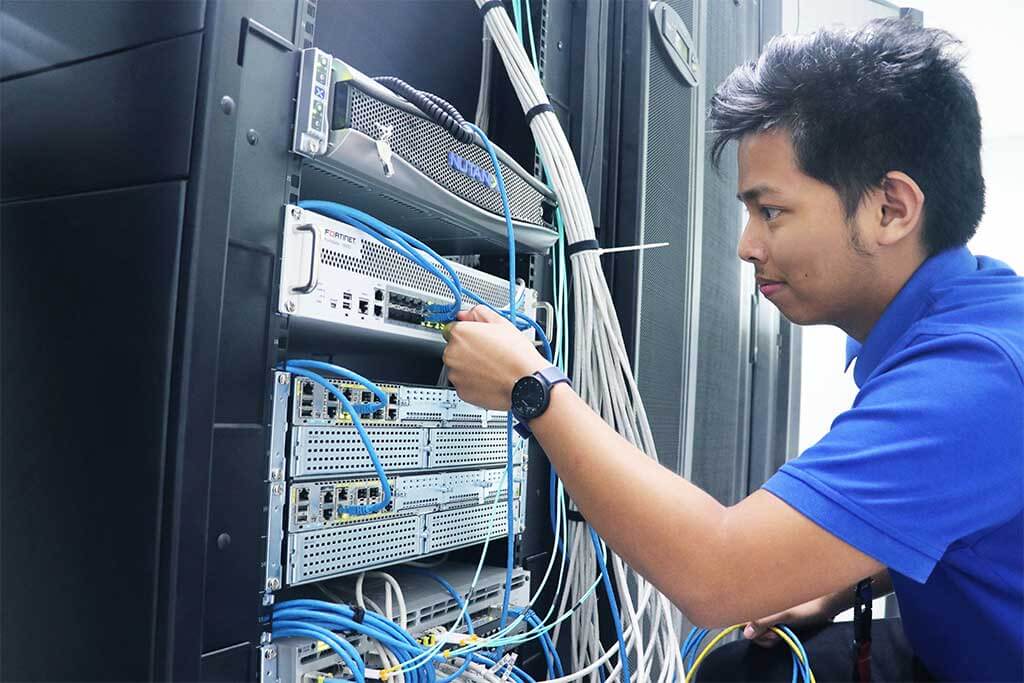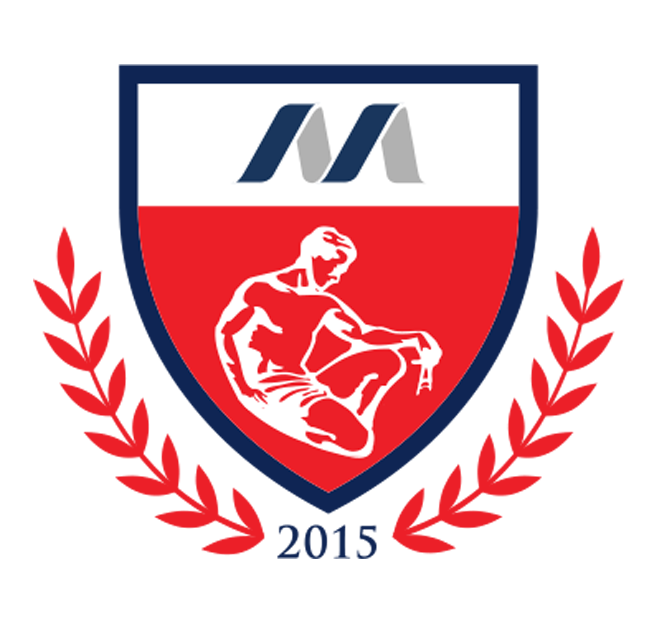Information Systems Program

About Information Systems
The Bachelor of Science in Information Systems program prepares students to be IT professionals and the expert on design and implementation of Information Systems for business processes.
The focus of the program is on leveraging business technology for strategic advantage thus the program includes a significant business component that shall equipped students in the planning, developing or acquiring, implementing, and managing an infrastructure of information communications technology, internal data and external data, and enterprise-wide information processing systems.
Educational Objectives
- Articulate expertise in understanding, analyzing, and applying current and emerging technologies in the design and development of IT-based solutions for business processes.
- Perform tasks effectively as individuals and team members in the workplace growing into highly technical or project management and leadership roles.
- Pursue life-long learning enabling them to adapt and grow as organizational responsibilities change.
Program Outcomes
Graduates of the Bachelor of Science in Information Systems program are expected to demonstrate:
- Apply knowledge of business processes, computing, mathematics, and social sciences appropriate to Information Systems.
- Analyze a problem, identify and define the computing requirements with respect to organizational factors to its solution and plan strategies for their solution.
- Evaluate information systems in terms of general quality attributes and possible trade-offs presented within the given requirements.
- Design, implement, and evaluate information systems, processes, components, or programs and to source cost-benefit efficient alternatives to meet desire needs, goals, and constraints.
- Use knowledge and understanding of enterprises in modeling and design of information systems.
- Deploy and use effectively skills, tools, and techniques necessary for information systems practices.
- Function effectively on teams (recognizing the different roles within a team and different ways of organizing teams) to accomplish a common goal.
- Communicate effectively with a range of audiences. Communication skill includes technical writing, presentation and negotiation, and numeracy.
- Recognize the legal, social, ethical, and professional issues involved in the exploitation of computer technology and be guided by the adoption of appropriate professional, ethical, and legal practices both in local and global community.
- Recognize the need for and engage in an independent and life-long learning, planning self-learning, and improving performance as the foundation for on-going professional development.

